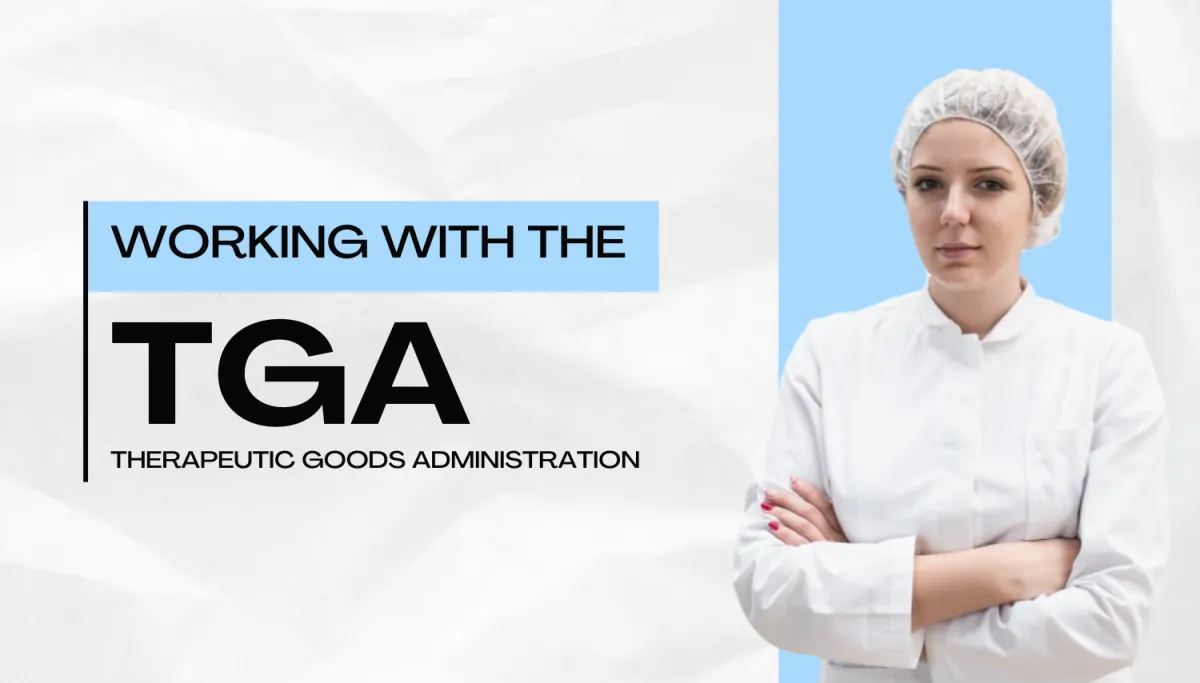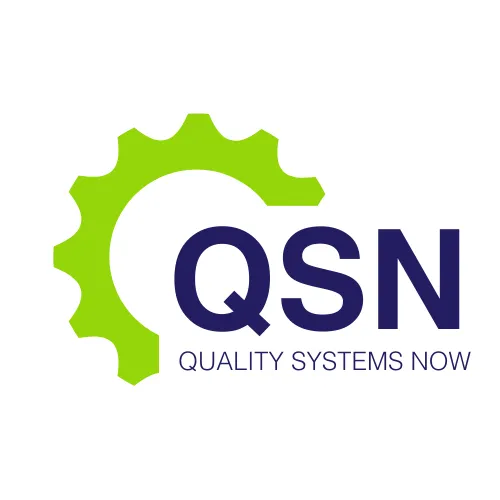LATEST NEWS

Working with the Therapeutic Goods Administration (TGA)
In Australia, the Therapeutic Goods Administration (TGA) oversees the quality, safety, and availability of therapeutic products. For companies in the healthcare sector, dealing with the TGA is vital. They must adhere to the TGA's strict rules and procedures from product development to post-market monitoring.
As companies work to bring medicines, medical devices, and other therapeutic goods to consumers, they must navigate the TGA's regulatory framework. This involves meeting standards and following procedures set by the TGA to ensure public health protection and timely access to essential therapies.
This article explores how Australian businesses interact with the TGA, highlighting the challenges, opportunities, and responsibilities involved in complying with therapeutic goods regulations.
Do you need help to gain or maintain your company GMP licence from the TGA? Get in touch for a chat.

The Therapeutic Goods Administration (TGA) safeguards public health in ensuring the quality, safety, and efficacy of therapeutic goods. Established under the Therapeutic Goods Act 1989, the TGA operates as a regulatory body responsible for the evaluation, registration, and monitoring of medicines, medical devices, and other therapeutic products available in the Australian market.
At its core, the TGA is entrusted with a dual mandate: to protect public health by ensuring that therapeutic goods meet rigorous standards of quality, safety, and performance, and to facilitate timely access to essential medicines and medical devices for patients in need. This dual role underscores the TGA's commitment to striking a delicate balance between regulatory oversight and promoting innovation and access in Australia's healthcare system.
One of the primary functions of the TGA is the evaluation and registration of therapeutic goods
Before any medicine, medical device, or biological product can be marketed and sold in Australia, it must undergo a thorough assessment by the TGA to ensure its safety, quality, and efficacy. This rigorous evaluation process involves scrutinizing scientific data, clinical trial results, manufacturing processes, and risk-benefit profiles to determine whether the product meets the necessary regulatory standards. Only those products that meet the TGA's stringent requirements are granted marketing authorization and included in the Australian Register of Therapeutic Goods (ARTG), signaling their approval for sale and distribution.
In addition to pre-market evaluation, the TGA also plays a crucial role in post-market surveillance and monitoring of therapeutic goods.
Once a product is on the market, the TGA continues to monitor its safety and performance through various mechanisms, including adverse event reporting, quality control testing, and ongoing regulatory inspections. This post-market vioversight enables the TGA to promptly identify and respond to any emerging safety concerns or quality issues, taking appropriate regulatory action, such as product recalls, labeling changes, or suspension of marketing approval, to protect public health and safety.
Beyond its regulatory functions, the TGA also serves as a source of information and education for healthcare professionals, industry stakeholders, and the general public. Through its website, publications, educational resources, and outreach initiatives, the TGA provides guidance on regulatory requirements, product information, safety alerts, and best practices in therapeutic goods regulation. By fostering transparency, collaboration, and knowledge-sharing, the TGA empowers stakeholders to make informed decisions about the use, prescribing, and administration of therapeutic products, thereby enhancing patient safety and healthcare outcomes across Australia.
In recent years, the role of the TGA has evolved in response to emerging trends and challenges in the healthcare landscape. The rapid pace of technological innovation, globalization of supply chains, and increasing complexity of therapeutic products have posed new regulatory challenges for the TGA, requiring it to adapt and modernize its regulatory framework and processes. This has included initiatives to streamline regulatory pathways, expedite access to innovative therapies, enhance international collaboration, and strengthen post-market surveillance and oversight.
Moreover, the COVID-19 pandemic has underscored the importance of the TGA in protecting public health during times of crisis. Throughout the pandemic, the TGA has played a central role in expediting the evaluation and approval of COVID-19 vaccines, diagnostics, and treatments, while ensuring robust safety monitoring and regulatory oversight. Its swift and science-based approach to regulatory decision-making has helped to instill confidence in the safety and effectiveness of COVID-19 interventions and contributed to Australia's successful public health response.
Looking ahead, the TGA faces a dynamic and evolving regulatory landscape, shaped by advances in science and technology, shifting patient needs and expectations, and ongoing globalization of the healthcare industry. As it continues to navigate these challenges, the TGA remains committed to protecting and promoting public health in Australia.
